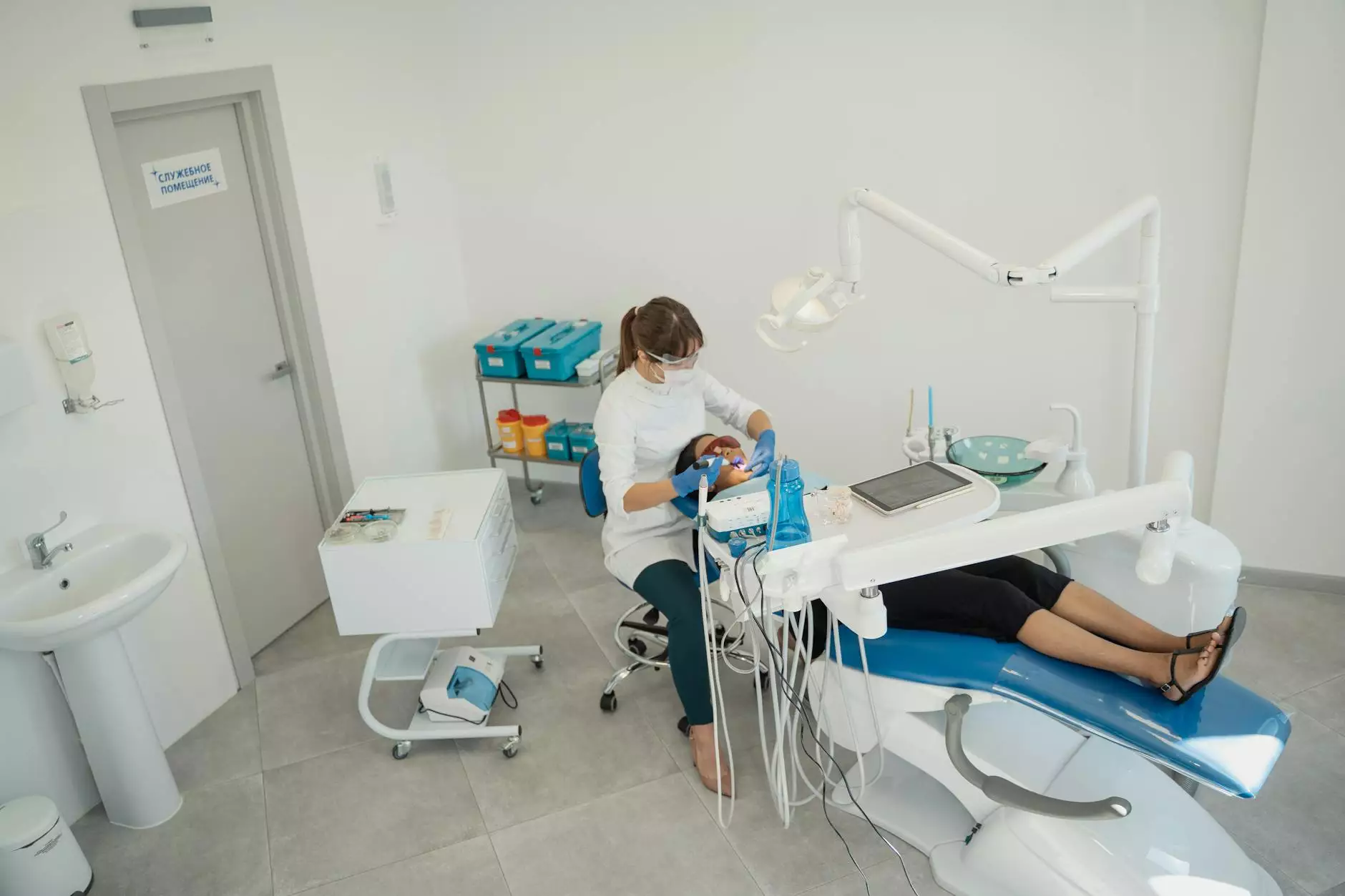Leading Medical Instruments Companies: Innovating Health & Medical Solutions

The field of medical instruments companies stands as a pillar of modern healthcare, driving innovations that enhance patient care and streamline medical processes. With the constant advancement of technology, these companies are crucial in developing tools and devices that improve diagnostic accuracy, treatment efficacy, and overall patient outcomes. In this article, we will delve deep into the world of medical instruments, focusing on their significance, key players, and the latest trends shaping the future of healthcare.
The Role of Medical Instruments in Healthcare
Medical instruments are not merely tools; they are vital components in the healthcare ecosystem. They empower healthcare professionals to perform a myriad of tasks with precision and efficiency. Here are some major roles that medical instruments fulfill:
- Diagnosis: Instruments such as imaging machines and diagnostic tools are essential for identifying diseases and conditions accurately.
- Treatment: Surgical instruments and other therapeutic devices enable healthcare providers to deliver effective treatments and interventions.
- Monitoring: Continuous monitoring devices help track patient vitals, ensuring timely interventions when necessary.
- Research and Development: Advanced instruments play a crucial role in medical research, leading to breakthroughs in treatment options.
Key Categories of Medical Instruments
The landscape of medical instruments is vast, encompassing several categories that cater to various healthcare needs. Below, we explore some of the most significant categories within this realm:
1. Diagnostic Instruments
Diagnostic instruments are crucial for identifying health issues. These tools include:
- X-ray machines: Vital for imaging internal structures.
- Ultrasound devices: Used to visualize soft tissues and monitor pregnancies.
- CT and MRI scanners: Provide detailed cross-sectional images of the body.
2. Surgical Instruments
Surgical instruments are specifically designed for performing operations. Common types include:
- Scalpels and Scissors: Essential for making incisions.
- Forceps: Used to grasp and manipulate tissues.
- Sutures and Staplers: Critical for closing wounds.
3. Monitoring Devices
Monitoring devices allow healthcare providers to keep track of vital signs. Key instruments include:
- Heart Rate Monitors: Essential for assessing cardiovascular health.
- Blood Pressure Monitors: Used to measure arterial pressure.
- Pulse Oximeters: Assess oxygen saturation in the blood.
4. Therapeutic Equipment
These instruments are involved in treatment protocols and include:
- Infusion Pumps: Deliver essential medications to patients.
- Respiratory Devices: Aid in breathing for patients with respiratory difficulties.
- Rehabilitation Tools: Used in physiotherapy to aid recovery.
Top Medical Instruments Companies Shaping the Industry
Numerous companies are spearheading the development of medical instruments. Below are some of the leading organizations recognized for their innovation and commitment to enhancing healthcare:
1. Medtronic
Medtronic is one of the world’s largest medical technology companies, known for its pioneering work in various fields, including cardiac devices, diabetes management, and surgical instruments. With a mission to alleviate pain, restore health, and extend life, Medtronic invests heavily in research and development, continuously delivering innovative products to the market.
2. Siemens Healthineers
Siemens Healthineers excels in diagnostics and imaging equipment, providing cutting-edge technology for hospitals and clinics worldwide. With a focus on precision medicine, this company is transforming how diseases are diagnosed and treated. Their advanced imaging solutions, such as MRI and CT systems, are recognized for their reliability and accuracy.
3. GE Healthcare
GE Healthcare is a leading player in healthcare technology, providing a wide range of medical imaging, monitoring, and diagnostics solutions. Their portfolio includes ultrasound devices, imaging systems, and IT healthcare solutions that enhance the efficiency of healthcare delivery, ultimately improving patient outcomes.
4. Abbott Laboratories
Abbott Laboratories is well-known for its wide array of medical devices, diagnostics, and nutritional products. This organization focuses on innovative healthcare solutions that address critical health needs, from cardiovascular devices to advanced laboratory diagnostics.
Emerging Trends in Medical Instruments
The field of medical instruments is continuously evolving, driven by technological advancements and changing healthcare landscapes. Here are some emerging trends that are shaping the industry:
1. Telemedicine and Remote Monitoring
The rise of telemedicine has increased the demand for remote monitoring devices. These instruments allow patients to manage their health from home while ensuring healthcare providers can monitor their conditions effectively.
2. Artificial Intelligence in Diagnostics
Artificial Intelligence (AI) is revolutionizing diagnostics, enabling faster and more accurate readings of medical data. AI algorithms analyze imaging results, supporting healthcare professionals in making informed decisions about patient care.
3. Wearable Technology
Wearable devices, such as fitness trackers and smartwatches, are becoming integral to health monitoring. These gadgets collect data on heart rates, activity levels, and even sleep patterns, providing valuable insights for both patients and healthcare providers.
4. 3D Printing in Medical Instruments
3D printing technology is emerging in the manufacturing of medical devices. This technique allows for personalized instruments tailored to individual patient needs and has the potential to significantly reduce production costs and time.
Conclusion
In conclusion, the landscape of medical instruments companies is dynamic and ever-changing, underscoring the importance of continuous innovation in advancing healthcare. As we look to the future, these companies will remain at the forefront of developing transformative medical technologies, enhancing diagnosis and treatment options, ultimately improving patient care. The sector is not just about making instruments; it is about crafting solutions that save lives and elevate health standards worldwide.
As the healthcare industry continues to evolve, being informed about the key players and emerging trends in medical instruments will empower stakeholders to make better decisions, fostering partnerships that lead to improved health outcomes.









